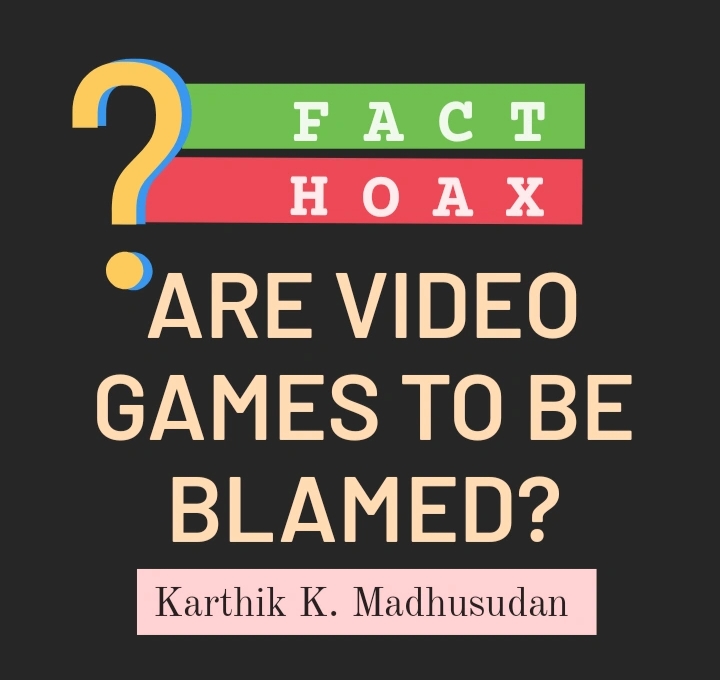

The Role of Video Games in Perpetuating Hatred: Debunking the Myth
Video games have long been a subject of debate when it comes to their impact on individuals and society. One controversial claim often made is that video games perpetuate hatred. Critics argue that the violence depicted in these games can desensitize players and encourage aggressive behavior. However, a closer examination of the research and evidence suggests that the link between video games and real-world violence is far more complex than it is often portrayed.
Understanding Aggression and Violence:
To explore the relationship between video games and aggression, it is crucial to differentiate between aggression and violence. Aggression refers to behaviors that are intended to harm or inflict pain, whereas violence involves actual physical harm. Research consistently suggests that exposure to violent video games may increase short-term aggressive thoughts and feelings, but the evidence linking them to real-world acts of violence remains inconclusive.
Lack of Causal Relationship:
Numerous studies have attempted to establish a direct causal relationship between video games and real-world violence. However, the results have been mixed, with no clear consensus. The American Psychological Association’s Media Psychology and Technology division conducted a comprehensive review of existing research and concluded that there is insufficient evidence to support claims that video games directly cause criminal violence.
Misplaced Focus on Video Games:
Attributing acts of violence solely to video games oversimplifies a complex issue. It is important to recognize that individuals who engage in violent behavior often have a multitude of factors contributing to their actions. Socio-economic status, family dynamics, mental health issues, and exposure to real-life violence are all significant contributors. Blaming video games alone overlooks these crucial factors and diverts attention from addressing the root causes of violence.
Positive Effects of Video Games:
While the focus tends to be on the potential negative effects of video games, it is worth acknowledging their positive aspects as well. Video games can provide opportunities for social interaction, promote problem-solving skills, and enhance cognitive abilities. They can also serve as outlets for stress relief and emotional expression. Many studies have shown that video games can have educational, therapeutic, and even pro-social benefits for players.
Parental Involvement and Responsibility:
Rather than placing the blame solely on video games, it is essential to emphasize the role of responsible parenting and guidance. Parents and caregivers play a crucial role in monitoring and regulating their children’s exposure to media, including video games. Establishing healthy habits and open lines of communication can help mitigate any potential negative effects that may arise from video game usage.
In conclusion, the notion that video games perpetuate hatred and produce killers is an oversimplified and unfounded claim. While some studies have shown short-term increases in aggression after playing violent video games, the evidence linking them to real-world violence is inconclusive. Other factors, such as socioeconomic status, family dynamics, and mental health, play significant roles in shaping an individual’s behavior. It is essential to approach the subject with nuance and consider the positive aspects of video games while also encouraging responsible use and parental involvement. Blaming video games alone overlooks the complex factors contributing to violence and hinders progress in addressing the real causes of societal harm.
0 (Please login to give a Curious Clap to your friend.)
SignUp to Participate Now! Win Certifiates and Prizes.



Login/Signup